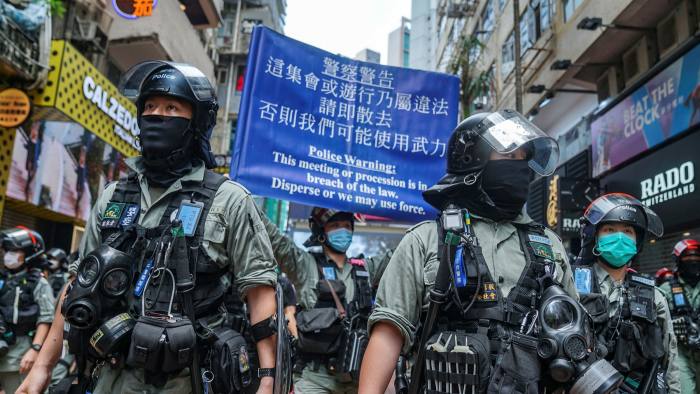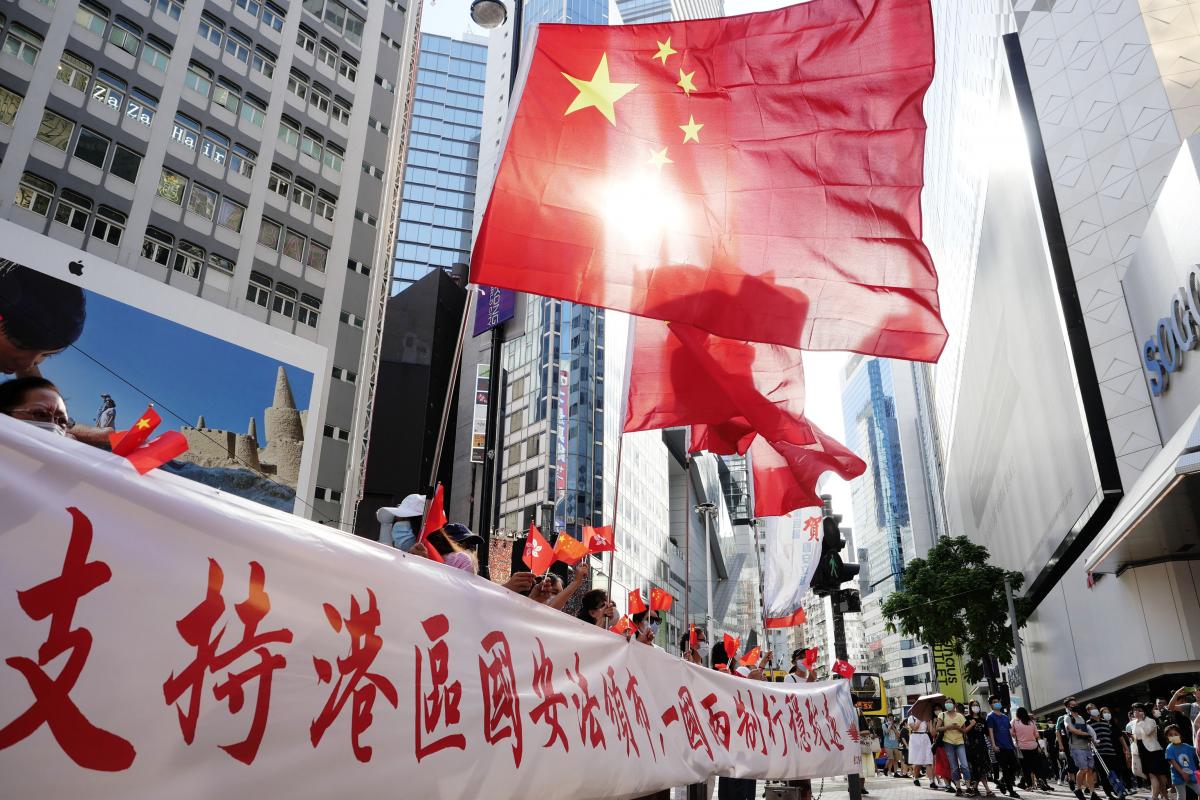
It’s no secret that expats form a significant part of Hong Kong’s financial services sector. This bustling destination global financial hub has long been an attractive place for corporates to do business. The salaries are high, taxes are low, and the opportunities are endless.
“Foreign executives in the city earn $72,000 more than the average expat and its top tax rate for high earners is 17 per cent.” [1]
However, the last few months have been met with apprehension. On the 30th of June 2020, concerns strengthened when Hong Kong passed a new wide-ranging security law that reduces the country’s autonomy. Now, global mobility specialists and HR teams are sitting on a tight rope of uncertainty over the safety of assignees within the region. At the same time, questions such as “how will mobility in and out of Hong Kong be impacted” and “will the city still be a worthy hub for executives” are being posed (leaving corporations and mobility specialists in somewhat of a frenzy).
What Does Hong Kong’s New Security Law Entail?
The idea of a security law has always been on Hong Kong’s schedule and its introduction has been long-awaited. The delay in its implementation was due to its unpopularity among the citizens. However, the law was recently finalized with China’s intervention. China stepped in to set the foundation for a legal framework to deal with what it sees as serious challenges to the city’s authority.
To summarise the details of the law’s 66 articles, the new security regulations allow the criminalization of any of the following acts:
– Secession — breaking away from the country
– Subversion — undermining the power or authority of the central government
– Terrorism — using violence or intimidation against people
– Collusion with foreign or external forces
Let’s delve into what this means for Hong King Kong citizens, and expats and corporations…


Expectations: Increased Movement Away from Hong Kong
Hong Kong’s new security law is currently leading many citizens and ex-pats to debate the question: Do I need to set up escape routes?
If people stay put, they face continuous disruptions from political disorder amid efforts by China to enforce the law. To up and go is to risk relocation during a time when the global economy has been immobilized by Covid-19.
Citizens are worried that their liberal lifestyles will fall under the Chinese communist regime a dictatorship with harsh measures placed on those who do not comply. Workforces are worried that open trade will be too strictly regulated and are currently looking at moving assets, including capital and business operations, to other locations. The result is a consideration for emigration – and, in this regard, the citizens have much of the world on their side.
For example:
Boris Johnson is offering 3 million Hong Kong citizens refuge in the UK in retaliation for China imposing the national-security law. Hong Kong’s British National (Overseas) passport holders and their immediate dependants (spouse and children under the age of 18) will have the right to apply for a special UK visa from January 2020. Taiwan is also reaching out to fearful citizens who are fleeing on political grounds.
Interestingly, many citizens are looking to Singapore for an “escape route”. With their safety and financial security in mind, they are grasping for visas that will allow them to be prepared to leave Hong Kong. With its democratic and liberal status, Singapore is currently making the list as a good alternative.

With this flurry, many global financial firms are concerned and HK-based hedge funds worth nearly $91 billion are considering moving their operations elsewhere to mitigate risks related to the political unrest. This means that global mobility managers, HR teams, and talent mobility specialists can expect an increase in movement over the next few months despite Covid-19 restrictions and a weakened economy.
What Does This Mean for Hong Kong and Global Mobility Programmes?
Expatriates and mobility teams are continuously monitoring the news to keep updated on protests, economic unrest, and the safety and security of Hong Kong as a whole. Assignee risk has been acknowledged and there has already been a rise in repatriation considering the volatile conditions and increasing clashes between protesters and police, resulting in frequent public transport disruptions, shops, ATM, and supermarket closures.
This means that globality managers have been further put to task and more strain has been put on reporting, and health & safety.
What about AltoVita?
AltoVita has been partnering with global mobility and HR teams to refine their moving temporary housing processes. Now, more than ever, the company has been putting stringent effort into providing a service that puts the duty of care at the forefront.
As a travel partner, AltoVita is ready to provide assistance to those who are looking for temporary relocation for a few days up to a year across EMEA, US, and APAC.


